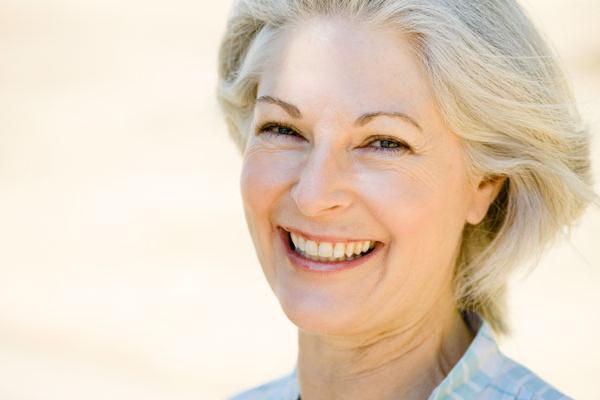Menopause is a natural process that marks the end of the menstrual cycle. It occurs 12 months after the last menstrual period. This process occurs in all women, generally in their 40s or 50s. However, it can still occur at younger or older ages.
Women generally start to experience menopausal symptoms about 4 years before their final menstrual period. During this time, periods may be irregular. They may be longer, shorter, heavier, lighter or lesss frequent. Pregnancy is still possible.
Menopausal Symptoms:
Hot flashes or flushes
Vaginal dryness
Night sweats
Mood changes
Weight gain
Thinning hair
Dry skin
Loss of breast fullness
Menopausal symptoms are temporary for most women. It is important to know what triggers hot flashes so that they can be avoided. Common triggers include hot foods and drinks, spicy foods, caffeinated beverages, alcohol, stress and warm weather. Caffeine, exercise and excess alcohol should be avoided before bedtime.
Relaxation techniques, such as deep breathing, paced breathing, guided imagery, and massage may relieve symptoms.
Many women try a variety of foods for relief, containing phytoestrogens (isoflavones and lignans). Isoflavones can be found in soybeans, chickpeas, lentils and other legumes. Lignans can be found in flaxseed, whole grains and some fruits and vegetables. Although these foods may be healthy, they have not been proven to be effective in alleviating menopausal symptoms.
Two common over the counter products that women use to treat menopausal symptoms are black cohosh and evening primrose oil.
Studies have shown that yoga, tai chi, Qigong and acupuncture may decrease the number of hot flashes women experience.
If you feel that your menopausal symptoms are not improving depsite tryig various self-care techniques and supplements, contact your healthcare provider who may be able to prescribe medications to help alleviate your symptoms.

